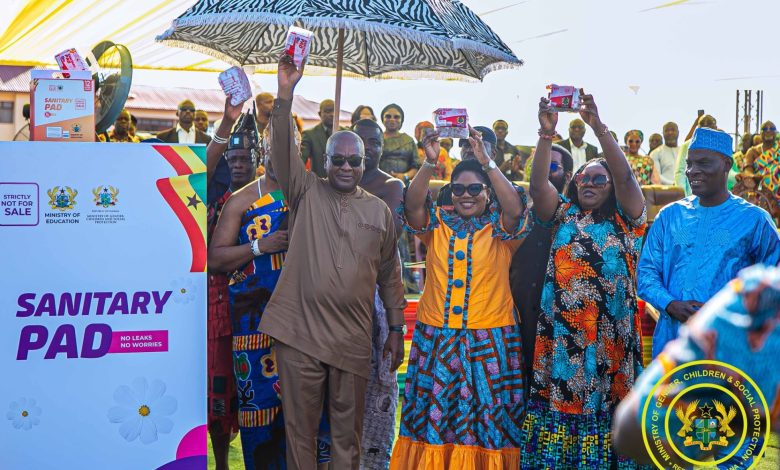Gov’t Urged To Include Private Schools In Educational Initiatives

The recent release of a list of private Senior High Schools (SHS) included in the Free SHS policy by the John Mahama-led government has sparked widespread excitement among private school proprietors. These private schools are believed to have experienced significant challenges under the previous administration’s Free SHS implementation from 2017 to 2024.
Mr. Daniel Boison, Western North Regional Vice Chairperson for the Association of Private Schools and CEO of Daddy’s and Mummy’s School Complex in Sefwi Wiawso Municipality, expressed profound gratitude to the government on behalf of private schools in the region. He noted that many private schools faced severe decline after the initial implementation of the Free SHS policy, making the government’s current decision a crucial and positive step.
Related Stories
Free SHS Has Come To Stay – John Mahama
Mr. Boison also highlighted persistent challenges faced by private schools, particularly the burden of teacher salaries. He urged the government to provide financial support for teacher payments, emphasizing that private schools have significantly contributed to addressing Ghana’s educational infrastructure deficit. Additionally, he lamented the exclusion of private schools from the distribution of sanitary pads, a “public cake” currently limited to public schools.
GNACOPS Responds To Government’s Inclusion Of Private Schools
Concurrently, the Ghana National Council of Private Schools (GNACOPS) has highly commended the Government of Ghana for what it describes as a “historic and progressive move.” In a press release issued on July 20, Oberto Nana Kwasi Gyetuah, National Executive Director of GNACOPS, acknowledged the inclusion of 60 private SHSs in the Free SHS policy for the upcoming 2025/2026 academic year.
List of private schools to benefit from Free SHS Policy



GNACOPS expressed deep appreciation to the Ministry of Education and the Ghana Education Service (GES) for recognizing the vital role private schools play in the national education landscape. The council stated that this development marks a “significant milestone in Ghana’s educational transformation journey” and reaffirms the government’s commitment to “inclusive, collaborative education delivery.”
The 60 selected private SHSs, representing all regions of the country, are expected to maintain high standards of transparency, accountability, and academic excellence. GNACOPS also addressed concerns from private schools not yet included, assuring them that efforts are underway to expand the program in subsequent phases. They encouraged these schools to remain patient, prepared, and compliant with regulatory standards.
Finally, GNACOPS urged the newly approved schools to act as “ambassadors of excellence,” demonstrating the private sector’s capability as a partner in delivering free, equitable, and quality education to all Ghanaian children. The council reiterated its commitment to shaping education policy and deepening stakeholder engagement to ensure private education remains a cornerstone of Ghana’s national development agenda.
Zuarungu Senior High School Closed After Ethnic Clash On Campus





very good initiative